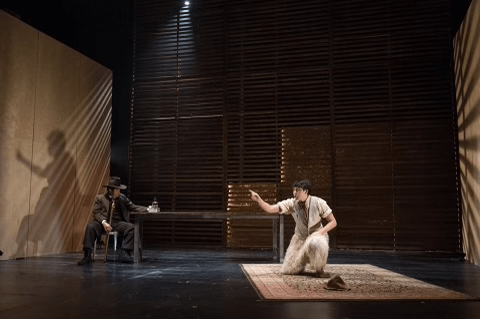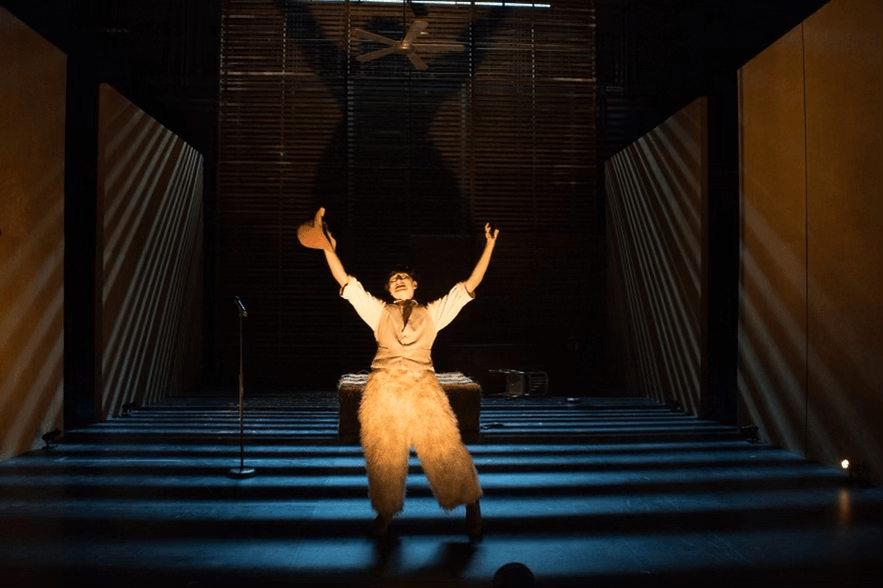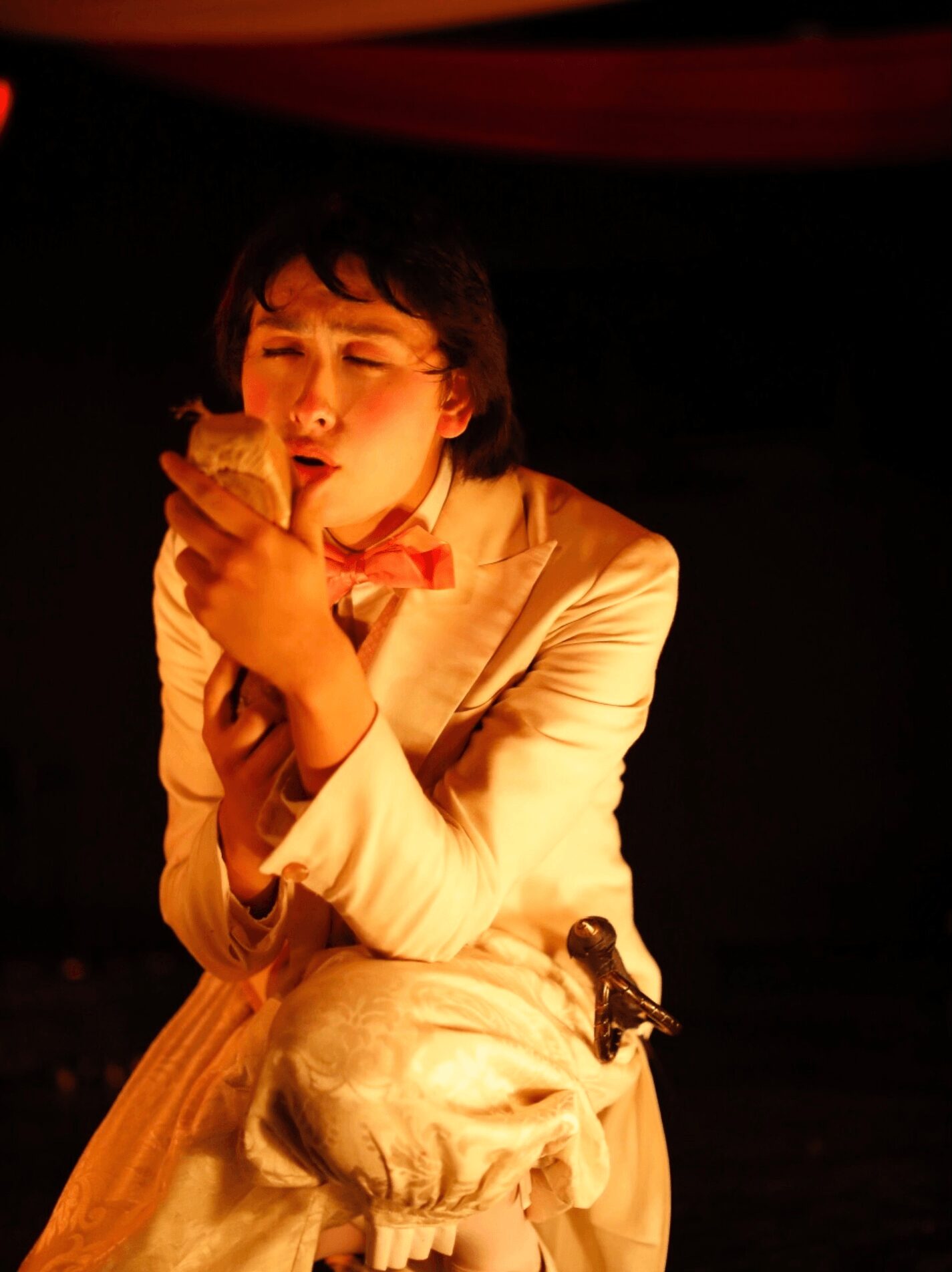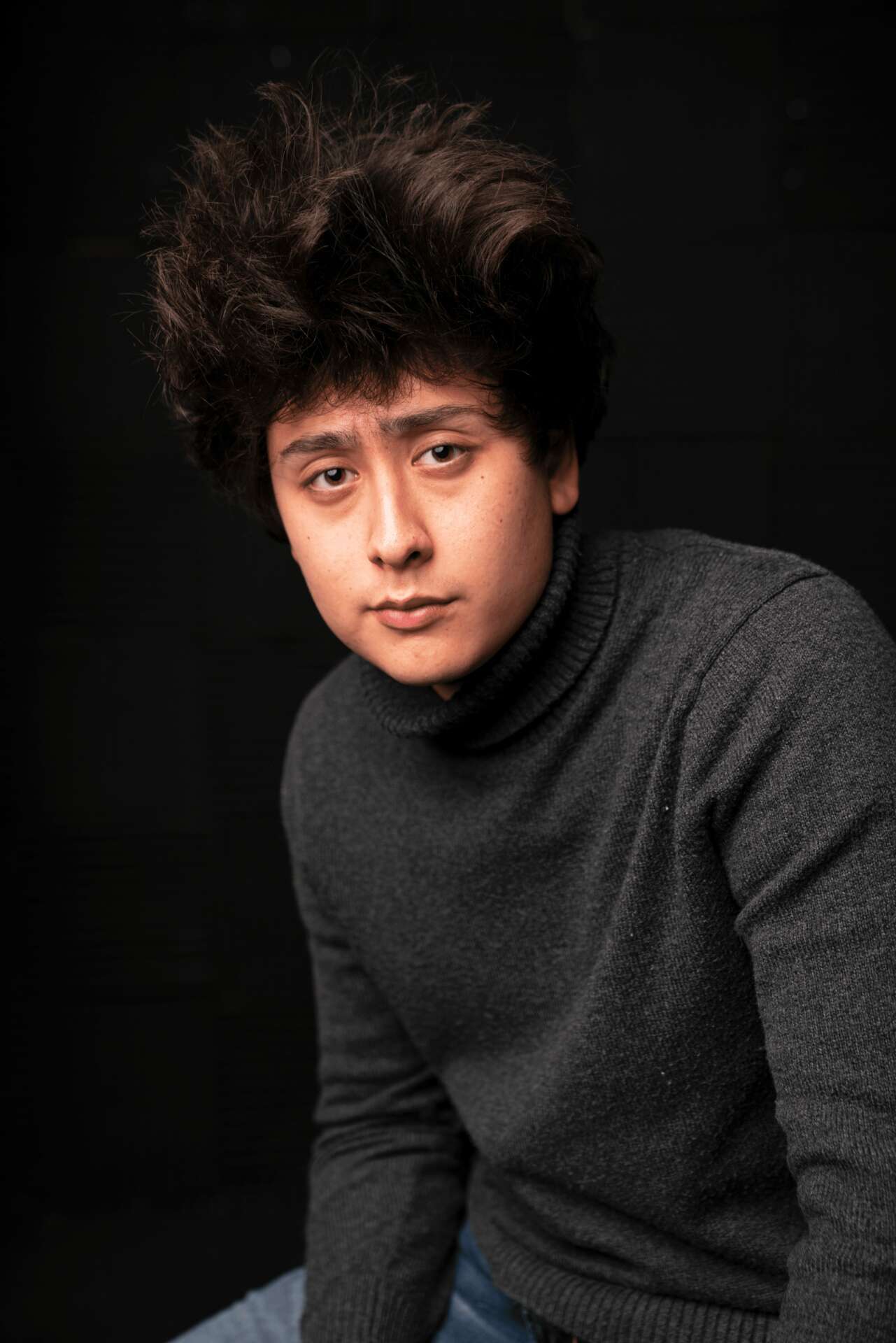We were lucky to catch up with Garrett Gallego recently and have shared our conversation below.
Garrett , appreciate you joining us today. How did you learn to do what you do? Knowing what you know now, what could you have done to speed up your learning process? What skills do you think were most essential? What obstacles stood in the way of learning more?
The short answer to that question is: I studied. In my Sophomore year of high school, I auditioned for and earned the role of Algernon in “The Importance of Being Earnest” by Oscar Wilde, after that I just had complete tunnel vision when it came to acting, I read every book I could about the history of the craft, I read biographies about my favorite stage and film actors voraciously. I would daydream constantly about performing, I didn’t care if it was stage, film, tv, sketch comedy, or whatever, all I knew was that I needed to be doing it. With the help of my parents, I then enrolled at the Young Actors Studio in North Hollywood to supplement my drama work at school on the weekends. Upon graduating from high school, I was accepted into the BFA program at the California Institute of the Arts where I furthered my education. I can definitely say that my time at CalArts was when I experienced some of the most rapid artistic and personal growth that I have experienced thus far in my life. Being exposed to so many different ways of thinking, so many different styles and ideas, it was a really great environment that enabled me to find what worked for me, and more importantly, what did not.
I don’t necessarily think that I would have wanted to “speed up” my learning process. There is no “easy” way or “cheat code” that can instantly imbue you with the knowledge you seek. To find it, you must search for it and that can take some time. I’m still learning so much every day both as a person and as an artist, it’s a constant process of self improvement and personal discovery. Everyone moves at their own pace, and I feel that placing hard deadlines or “expectations” on the learning process kind of defeats the purpose. The point is not to learn as fast as you can, it’s to learn as much as you can.
The skill that I have found most essential in my professional and personal life is time management. In college, I had a lot of pressure placed on my schedule, which I’m thankful for because it taught me how to properly allocate my time to make sure that everything got done on time.
I wouldn’t say that any obstacles have ever really stood in my path of learning. I honestly believe that one of the only potential obstacles that a person might face on their journey of education is themselves. Pride and ego can often get in the way of retaining new information because someone thinks they already know everything, and so they dismiss it. To learn is to be open, it’s as simple as that. Welcome differing opinions and ideas, and make your own assessment.
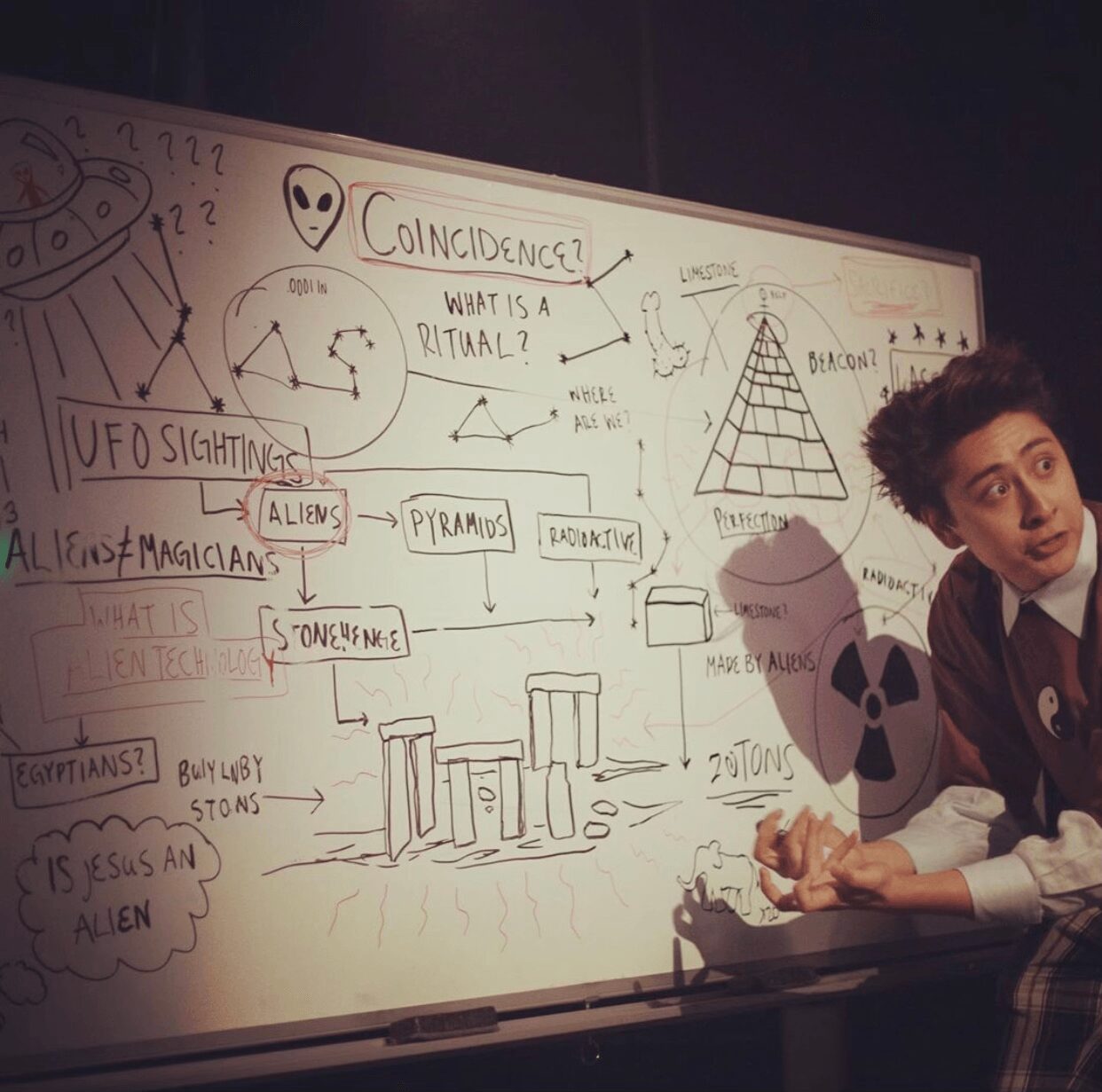
Garrett , love having you share your insights with us. Before we ask you more questions, maybe you can take a moment to introduce yourself to our readers who might have missed our earlier conversations?
I was raised in San Gabriel, CA. Growing up, I loved movies, especially old ones. James Dean, Montgomery Clift, and Laurence Olivier were my idols as a high schooler dreaming of becoming an actor, and they still serve as my prime inspirations when it comes to performance. My parents played a huge part in my artistic development as a child, showing me great cinema that really influenced the artist I was to become. They also always did their best to take me to live theater in LA when possible.
I was bit by the acting bug in my sophomore year of high school, when I took part in my first play, “The Importance of Being Earnest” by Oscar Wilde. Up to that point, I had never actually been in a production, I had been a speech and debate kid, but my own teacher informed me that I was in the wrong elective and directed me across the hallway to the drama room. That first play is still one of my fondest memories. I had a lot of fun with the character and I really experienced what it was like to fully embody a role on the stage. The magic of late night rehearsals, running lines, scene work, all of it just completely swept me off my feet, I had found my calling. After graduating from high school, I was accepted into the BFA program at the California Institute of the Arts where I further studied acting for four great years.
Upon graduating into a pandemic-stricken world, it wasn’t easy finding work, but I was fortunate enough to get a great team of reps behind me who really believed in me. Since then, I’ve been auditioning, booking here and there, but mainly just trying to enjoy the journey and learn as much as I can along the way.
I’m proud of all the work that I do. Whether it’s film, tv, theater, voiceover, or anything else that employs my craft, I am always proud of it, because it’s what I love to do. There’s an old adage that says, “the man who does what he loves, will never work a day in his life”, and I find that to be more and more true as I get older and gain more real world experience. Life is too short to not chase dreams and take risks. Though being an artist can sometimes seem futile, in this ever-changing world that seems to want to distance itself from the human experience, I think there are few pursuits that are more honorable. As artists, it’s our job to preserve the human essence but it’s also our responsibility to explore it, investigate it, and display it to the rest of the world so that we don’t forget what lies at the heart of humanity’s existence: to feel. To cry, to laugh, to rage, to ponder. To exist, is to feel. And that’s all we do as artists, is ask the world to feel with us.
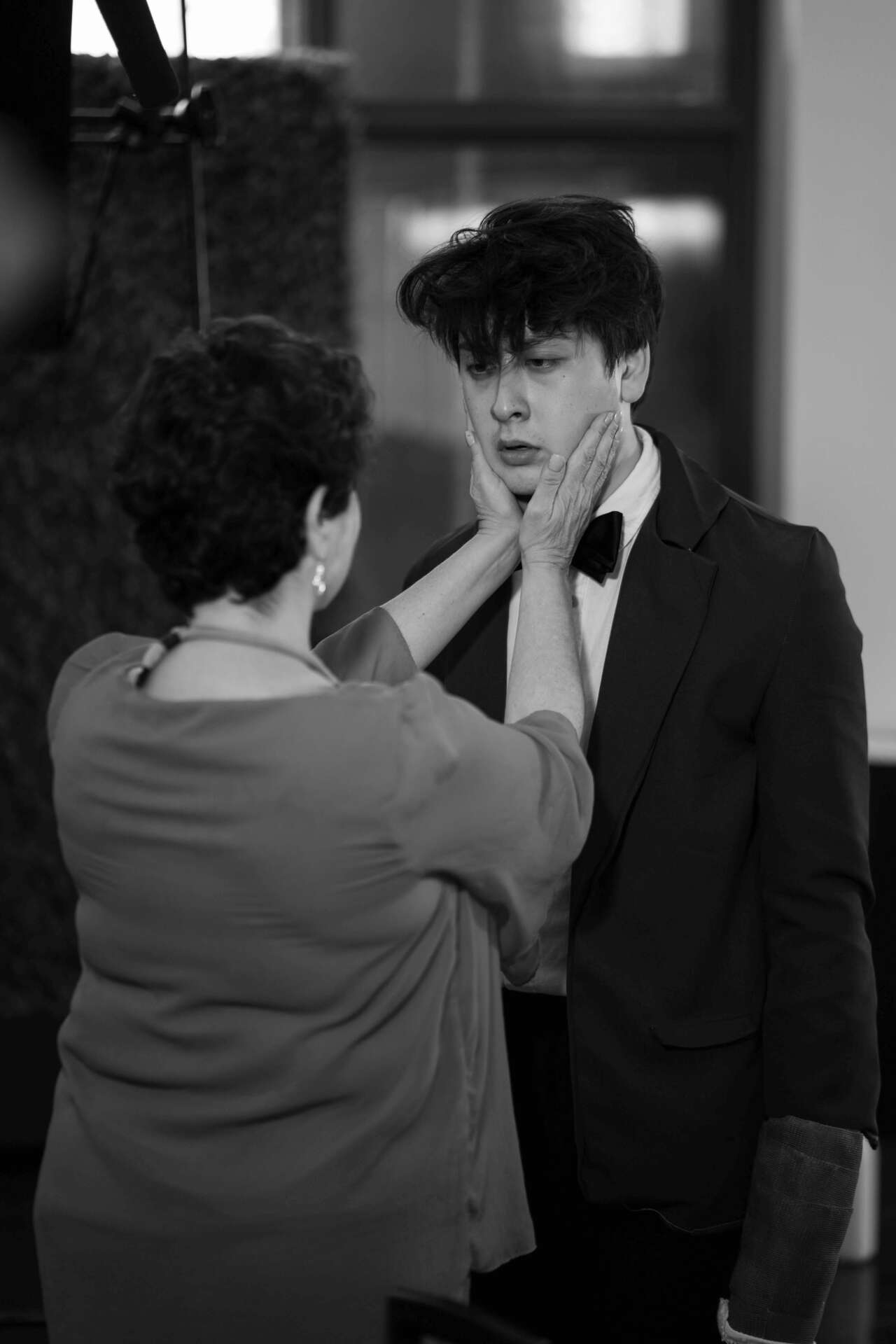
For you, what’s the most rewarding aspect of being a creative?
To create something new. To put our fingers on the pulse of society and really kind of get a read on where we are, how we’ve changed, where we’ve been, and definitely where we’re going. I find it most rewarding when I can be part of something that starts a conversation, because that’s what every artists’ endgame really is. To encourage people to talk to each other about something going on in the world, or a common struggle we all have, I love the communal humanity that can be found in a great piece.
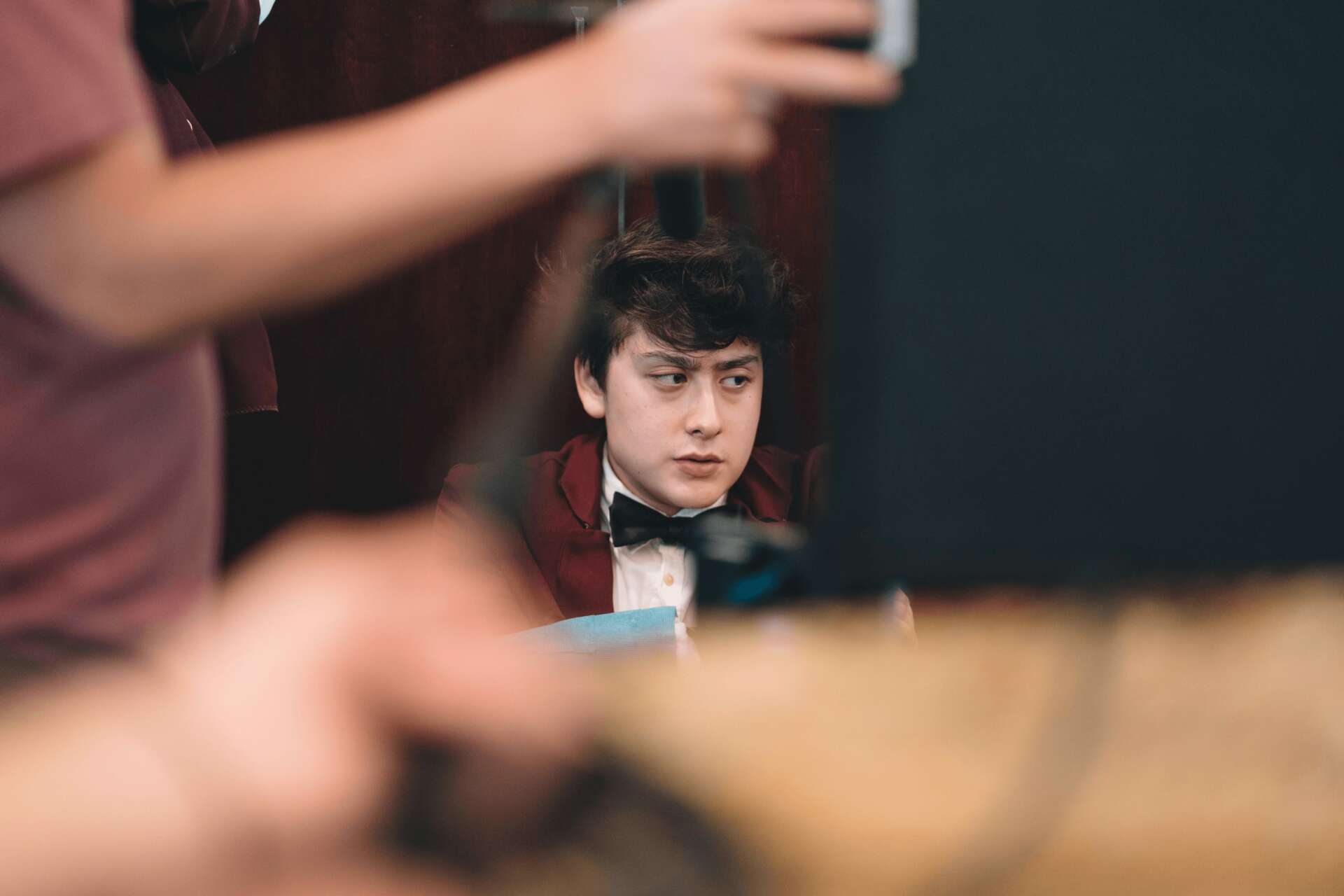
What can society do to ensure an environment that’s helpful to artists and creatives?
Support them by engaging with their work. That’s how it’s operated for such a long time, I mean if you fancy a certain writer and they have a play going up somewhere near you, go watch it. If there’s a painter whose work moves you, go to their next exhibition if you can. I think that this is an especially important thing to do given the recent rise (with no end in sight) of AI produced work that oftentimes steals or copies other artists’ hard work. Don’t engage with pages or organizations that peddle these knockoff pieces, go and find the real artists who work hard at their craft and put their blood, sweat, and tears into what they do. It can even be as small as giving them a follow on their own page or reposting their work to increase their reach.
Contact Info:
- Website: https://www.garrettgallego.com
- Instagram: https://www.instagram.com/garrettgallego_/
- Other: https://vimeo.com/room330productions
